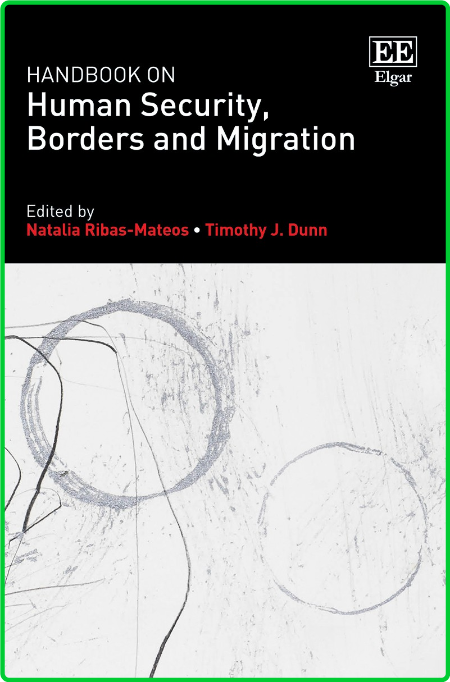Drawing on the concept of the 'politics of compassion', this
Handbook interrogates the political, geopolitical, social and anthropological processes which produce and govern borders and give rise to contemporary border violence.
Chapters map different aspects of structural violence and mobilities in some of the world's most contentious border zones, highlighting the forms and practices that connect with labour exploitation, legal exclusion and a severe absence of human rights. International interdisciplinary contributors, including renowned sociologist Saskia Sassen, draw attention to the forms and spaces of resistance available to migrants and activists, contemplating how advocates attempt to provide protection and human security to those subjected to border violence. Offering empirical analyses of critical border spaces, the book covers extensively the US-Mexico border region and border zones around the Mediterranean. Border issues in South, Central and North America, Eastern Europe, Northern Europe, the Middle East, Central Africa and East and Central Asia are also discussed. The
Handbook thus provides a truly transnational approach to borders and migration, demonstrating the dynamic but asymmetric relationship between the social structure of border enforcement and the human agency of migrants and global activists.
Combining theoretical insights into structural violence and human rights with key case studies of border zones, this comprehensive
Handbook is crucial reading for scholars and researchers of social and political science investigating human migration, the humanitarian, border control and human rights. Its practical insights will also benefit policy-makers involved in borders and migration, as well as advocates and NGOs working with migrants and refugees to create secure environments.

 Our Live Cams
Our Live Cams




 Reply With Quote
Reply With Quote








